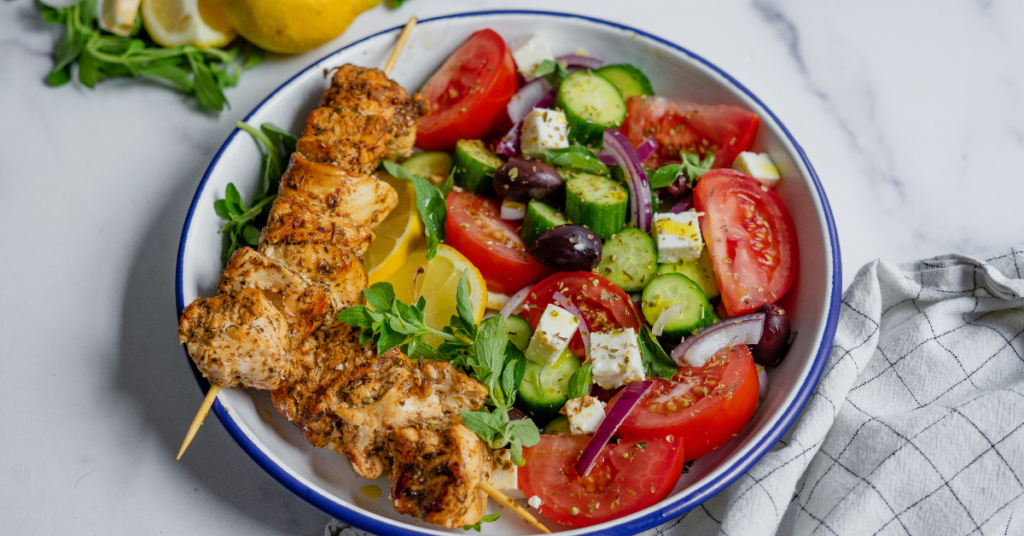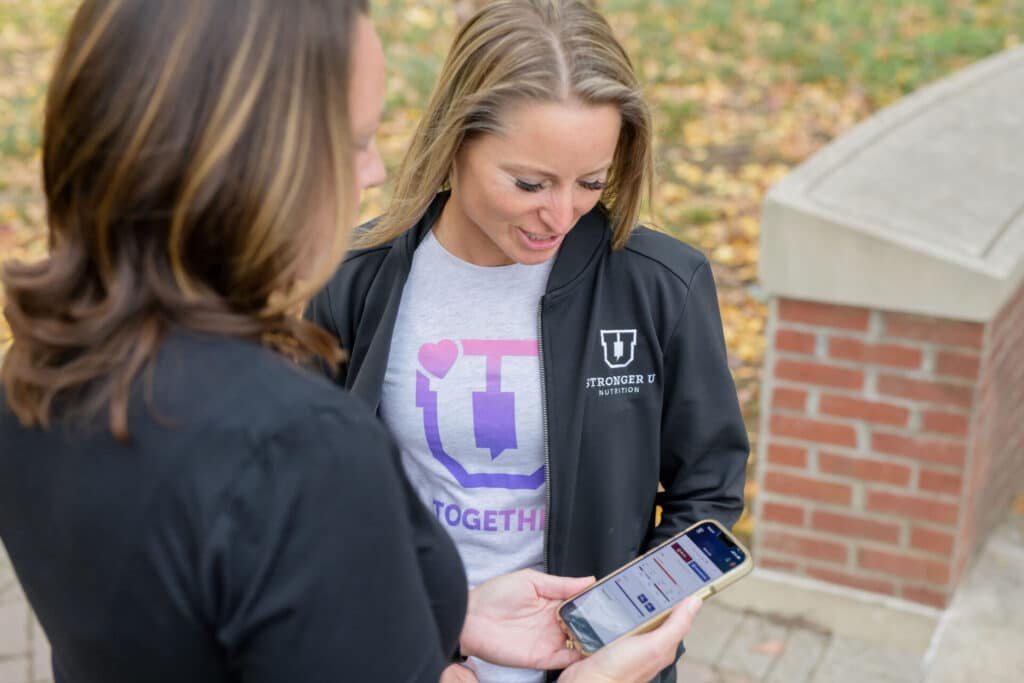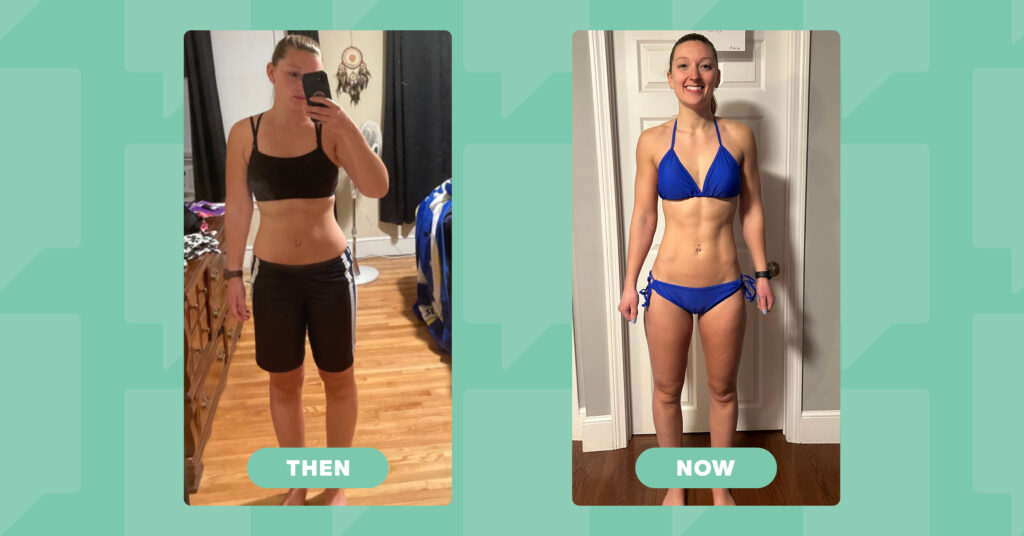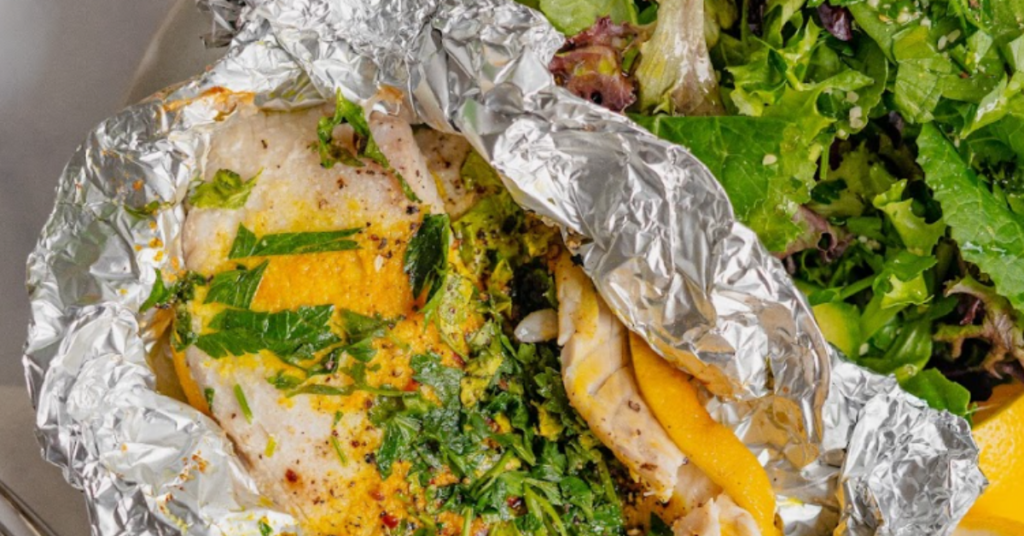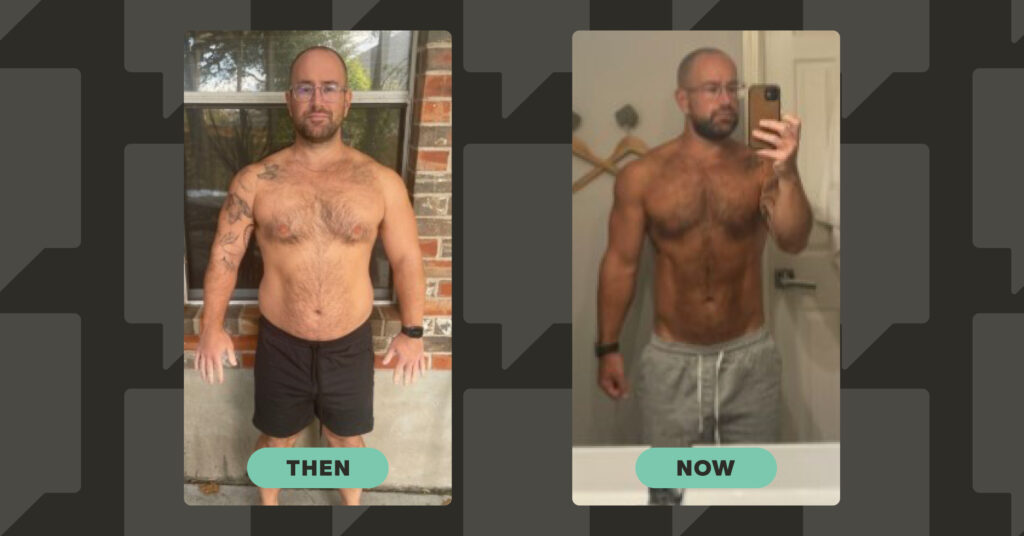Do you remember who kissed your boo-boos as a kid? Who made you food when you were hungry? And who made you always feel like you were loved no matter what? Oh man, Grandma was the best. But she could also be the WORST.
Sure, she would make her world-famous apple pie, but then she’d demand you eat all your broccoli — YUCK! And when you wanted to stay inside and watch Nickelodeon all day or play Nintendo, she would send you outside into the heat and tell you to go play. But then, when she did tell you to come inside and eat, she made you wash your hands and face.
Okay, so Grandma was both super awesome and also super lame. But for those of us lucky enough to have known our grandmothers or great-grandmothers, there was a lot of wisdom they tried to bestow upon us as kids. Too bad it took three or four decades of rebelling before it all sank in.
But if you had listened to your Grandma, and followed her suggestions, there’s a good possibility that you could have avoided years of weight gain and poor nutrition. Well, that is if you don’t count eating more than one piece of her world-famous apple pie.
I went to my great-grandmother for one reason and one reason only: she had cable, my parents did not. So when I went to my great-grandma’s I could watch Nickelodeon all night. But there was a catch to this. And it was a catch that I begrudgingly accepted as a youngster. I could watch Nickelodeon only if I finished the veggies on my plate.
And good golly Miss Molly did my Great-Grandma love her veggies. She had a cornucopia of veggies that she attempted to get me to eat. Broccoli, cauliflower, asparagus, squash, collards, beets, you name it and she would make it. But they were disgusting. Why couldn’t macaroni and cheese be a veggie? Why did I have to eat something like collards, okra, spinach, or broccoli? I didn’t care if they were good for me. Macaroni was good for me; it made me feel good.
In the end, Grandma was right. Vegetables are ridiculously good for you. They’re packed with micronutrients like Vitamins A, K, E, B6, and tons of minerals like potassium, magnesium, zinc, selenium, and more. And you need these nutrients and vitamins for healthy cellular and immune function.
Plus, veggies are filling. They take up a ton of room in your stomach and help you stay fuller for longer. When you’re in a calorie deficit you want more filling and volumize foods. By combining fibrous veggies with lean protein, you slow down the digestive process, which shields you from the mean ole hunger monster for longer.
See, Grandma was trying to teach you that by eating your veggies, not only are you giving your body more of the micronutrients you need to function at your best, but you’re also helping your body keep weight off. Eating your vegetables helps prevent hunger from rearing its ugly head. And what are you more likely to eat when you’re hungry, highly-palatable foods that are calorically dense like most things that sit on the shelf at your local grocery store or veggies?
An Attitude Adjustment
I can’t speak to your experience with your grandma. All I can relate to is my experience with my grandmothers. But let me tell you this, if you didn’t have a Southern grandmother growing up, you were missing out. That’s not to say grandmothers from the Southern portion of the United States are any better than others. But we Southerners have some ridiculous sayings. And many of these sayings revolve around the usage of double negatives.
And if there is one phrase I heard my grandmothers (and grandfathers) say the most growing up, it was this: “Can’t never could do nothing.”
There isn’t a day that goes by that I don’t hear the echo of my grandma’s voice as soon as I utter the words, “I can’t.” And as a nutrition coach, it’s a phrase clients use all the time. But here’s the thing about the word “can’t.” When we say we can’t do something, often what we really mean is, “I don’t want to.”
Here’s a fun exercise. The next time you think about something you can’t do, immediately exchange that word with “I don’t.”
What you say to yourself: “I can’t follow the plan while eating out.”
What you mean: “I don’t want to do the work involved to make the plan work while I eat out.”
What you say to yourself: “I can’t say no to snacks at night.”
What you mean: “I don’t want to examine my own actions and how they affect my life and goals.”
The word can’t takes away your power to do something. It cripples you – placing a self-imposed barrier between you and your goal. So instead of doing anything, you do nothing. Not because you can’t, but because you don’t want to because it’s hard. Well, I guess all those lovely Southern grandmothers were right: can’t never could nothing.
OH-MY-GOD-YOU-BETTER-HURRY-UP-AND-GET-FOOD-CAUSE-YOU’RE-HUNGRY-BUT-YOU-HAVE-A-TON-OF-WORK-TO-DO-TODAY-AND-YOU-HAVE-TO-GET-THE-KIDS-FROM-SCHOOL-AND-TAKE-THEM-TO-SOCCER-PRACTICE.
Okay. I can’t keep that going because it’s making me freak out. But if you can even decipher what I wrote above, that’s how our minds work in today’s fast-paced, interconnected, always-on world.
We can’t — hold on — we don’t take the time to slow down and eat. We treat food today (and I’m guilty of this as well) like Cookie Monster treats cookies. We stuff food in our face, barely thinking about what we’re eating or how we’re feeling because we just have to move to the next thing on our list.
Treating our meals like a “who can eat as fast as possible” eating contest harms us in numerous ways.
The University of Rhode Island has done numerous studies on the effects of eating slower. And here’s a few things they discovered in their work:
- Healthy women who ate slower ate fewer calories.
- Participants who ate slower drank more water between bites; roughly 6 ounces more
- Slowing eating improved digestion and improved GI functioning
- Fast eaters gain more weight over time than slow eaters
Eating slower may help those who suffer from disordered eating. And there’s significant research out there that shows that eating fast is a hallmark of binge eating. Anyone who has ever found themselves binging food often feels out of control and when they’re out of the binge, feel guilt or shame towards their actions.
Taking a moment to slow down and regain your composure, however, can help you regain control. It’s okay if you don’t feel like you can “stop” right then and there if you’re in the midst of a binge. But creating the awareness that you “can” slow down can help you re-frame your focus and regain some semblance of control.
Turn that Idiot Box Off and Get Outside
“Hey Robbie, how can I speed up progress?”
Confession: it takes every ounce of energy to not be a smart-alec (another thing Grandma yelled at me about in my youth) and tell someone to cut off an arm. I kid, I kid. I would never tell anyone to do that. But hey, if you’re arm weighs 10 pounds, that’s a fast way to lose 10 pounds.
Okay, let me put my serious hat back. There is one thing you can do to help speed up progress is to increase your activity. And I don’t mean go to the gym another day or two if you’re already crushing it 5 days a week. Get outside and play. Take your dog or kids for a walk. Smell the fresh air and soak up some rays.
Walking is hands down the best way to recover after some intense days at the gym, or if you’re intimidated by the gym, walking the best way to start getting active. And if you’re already active, taking a 30-45 minute walk every day can help you burn extra calories. And if you burn an extra 200-250 calories a day walking, you’d burn nearly 1,000-1,500+ calories in a week.
But getting outside does more for your overall health than just burn calories. Walking outside has been shown to:
- Boost creative thinking and memory
- Help your body create Vitamin D due to the exposure to the sun
- Reduces stress; inflammation; and fatigue
- Help you better manage depression and anxiety
Healthy Hygiene is More Than You Think
Fitness and nutrition experts spend their time talking a lot about how to lose body fat or build muscle or eat healthier foods. But there are other aspects of health that we rarely bring up. And I don’t want my grandma yelling at me because I didn’t mention these things at all.
What you eat can largely determine your likelihood of having a heart attack. But here’s an interesting stat you may not know. People who suffer from gum disease (aka periodontal disease) are two or three times more likely to have a heart attack, stroke, or other life-threatening cardiovascular events.
Researchers aren’t sure if there’s a direct link between gum disease and cardiovascular health. Numerous people with heart disease have healthy gums. And those with gum disease don’t always experience heart problems. However, risk factors like smoking or an unhealthy diet may be to blame here.
Still, amongst researchers, there are suspicions that gum disease may be an independent risk factor for heart disease. So when grandma told you to brush and floss your teeth, she wasn’t just trying to make sure you had nice breath. She was looking out for your heart.
Oh, and that whole wear clean clothes thing? Look I’m not gonna go into detail here because, well, people may get grossed out. But come on I know that laundry is a pain, but it’s the right thing to do for numerous health reasons.
Grandma Got it Right
Outside of the hugs and kisses and the best darn Christmas gifts ever, Grandmas have a lot to teach. And at times those lessons are ones we don’t want to learn when we’re young. But in the end, those lessons are ones we come back to realize as truth later on in life.
Eating your veggies will help you feel better, provides a sense of satiety to your meals, reframing the word “can’t” will help you realize that you DO have the power to make changes, getting outside is good for your soul, and maintaining healthy hygiene is not only good for your breath but can help your heart health too.



